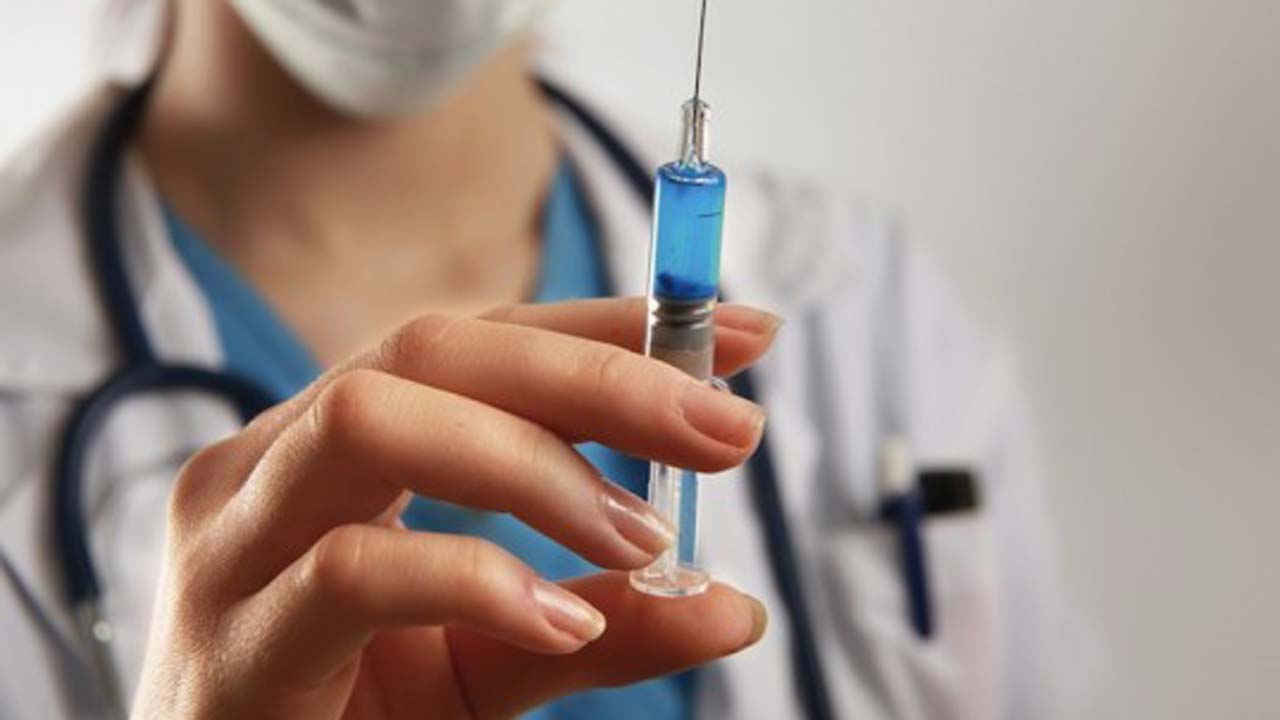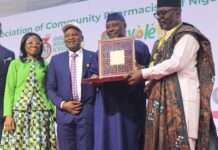
The only HIV vaccine in a late-stage trial has failed, scientists announced on Wednesday, dealing a significant blow to the effort to control the global HIV epidemic, and adding to a decade’s long roster of failed attempts.
The trial was carried out by the U.S. Army Medical Research and Development Command and the HIV Vaccine Trials Network, whose main office is in Seattle's Fred Hutchinson Research Centre.
To conduct the trial, the researchers with the name Mosaico, enlisted approximately 3,900 males who had sex with men and transgender persons and were all considered to be at high risk of HIV.
When an independent data and safety monitoring board analysed the trial's results and found no indication that the vaccination reduced participants' rates of contracting HIV, the study's directors made the difficult decision to call off the massive research project.
“It’s obviously disappointing,” Dr Anthony Fauci, who as the long-time head of the National Institute of Allergy and Infectious Diseases (NIAID) was an integral partner in the trial, said of the vaccine’s failure. However, he said, “There are a lot of other approaches” early in the HIV-vaccine research pipeline that he finds promising.
“I don’t think that people should give up on the field of the HIV vaccine,” Fauci said.
Mosaico's lack of efficacy was not shocking, according to experts, given the recent failure of a different clinical study called Imbokodo, which tested a similar vaccination among African women and was disclosed in August 2021. According to a spokesman for the organisation, the National Institute of Allergy and Infectious Diseases (NIAID) spent $56 million on the two studies.
According to the National Institutes of Health, the mosaic immunogens used in the vaccines tested in both trials were delivered by a common cold virus and were designed to elicit a strong and protective immune response by incorporating genetic material from a variety of HIV strains that are common throughout the world. A further component of Mosaico was added with the goal of enhancing the immunological response.
Participants in the Mosaico study, who ranged in age from 18 to 60, underwent four injections of the vaccine or a placebo over the course of a year. The monitoring board discovered no discernible difference between the two trial groups' HIV acquisition rates.
According to Fauci, a significant drawback of the Mosaico vaccine was that it produced non-neutralising antibodies against HIV rather than neutralising ones.
“It is becoming clear,” he said, “that vaccines that do not induce neutralising antibodies are not effective against HIV.”
Up-and-coming HIV vaccine innovations, including efforts that rely upon the cutting-edge mRNA vaccine technology behind some of the coronavirus vaccines, may hold the key, Fauci said.
The critical problem that has bedeviled HIV vaccine research for decades, Fauci noted, is a crucial weakness that the virus already successfully exploits: the natural immune response to infection is not sufficient to thwart the virus.
“So vaccines would actually have to do better than natural infection to be effective,” he said. “That would be a very high bar.”













